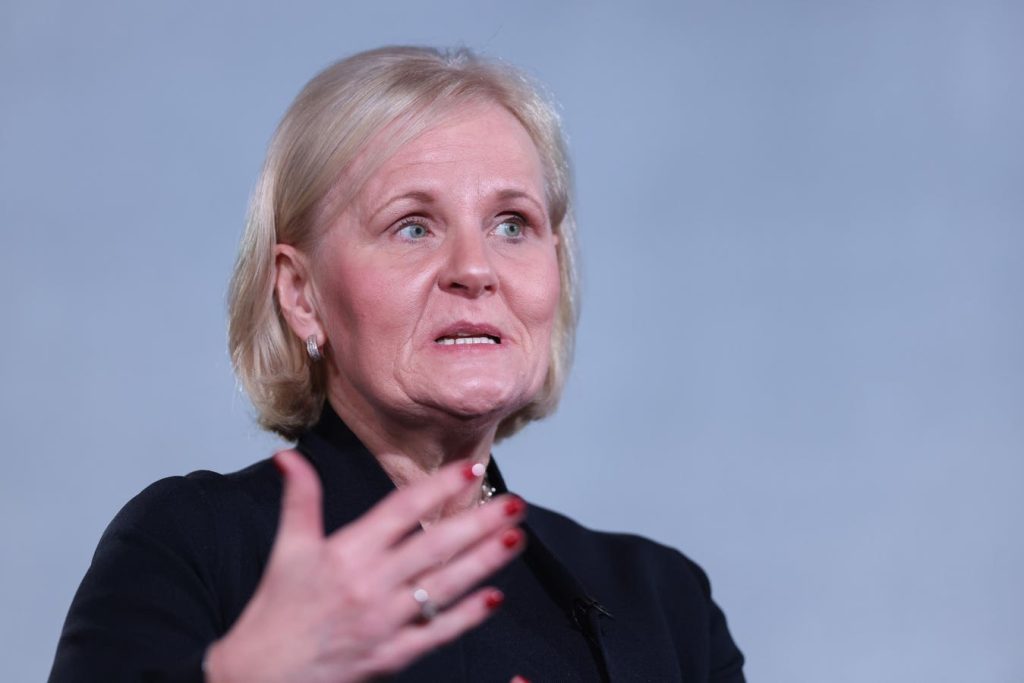Despite strong first-quarter trading numbers, shares in Aviva dipped on Thursday, with the share price standing at 492.9p per share, a decrease of 0.7%. The FTSE 100 life insurer reported a 16% increase in General Insurance gross written premiums (GWPs) to £2.7 billion between January and March. In the UK, GWPs rose by 19% to £1.7 billion, with personal lines experiencing year-on-year growth of 27%, attributed to strong rate discipline in a high inflationary environment and new business growth.
Aviva’s GWPs in Canada increased to £900 million, up 11% year on year, driven by rating actions on the existing book and new business growth, leading to a 16% rise in personal line premiums. The company also reported a 5% increase in Protection and Health sales in quarter one, as well as a 19% growth in Retirement product sales due to higher bulk purchase annuity volumes. Wealth net flows improved by 15% to £2.7 billion, with Workplace and Platform sales increasing by 13% and 24% respectively. The Solvency II capital ratio, while still strong at 206%, experienced a 1% decrease year on year due to various financial activities.
Aviva CEO Amanda Blanc praised the company’s performance, stating that it is in excellent health, financially strong, and trading well. She highlighted the success of investments in new products and customer service, attributing the consistent strong performance to Aviva’s competitive advantages in brand, scale, and diverse business. Blanc confirmed that Aviva is on track to achieve its goal of generating £2 billion in operating profit by 2026, with plans for Solvency II own funds generation of £1.8 billion and cash remittances above £2.8 billion between 2024 and 2026 remaining unchanged.
Despite the positive report, Aviva’s share price experienced a slight decline on the market, reflecting mixed investor sentiment. The company’s strong performance in various segments, including General Insurance, Protection and Health, Retirement products, and Wealth net flows, showcased its ability to grow and adapt in a challenging economic environment. Aviva’s commitment to financial strength, strategic investments, and operational efficiency bodes well for its future prospects, as CEO Amanda Blanc remains optimistic about the company’s growth trajectory and profitability targets.
Investors will be closely monitoring Aviva’s progress in achieving its ambitious financial targets, including operating profit and cash remittances, which play a crucial role in determining the company’s long-term sustainability and competitiveness in the insurance industry. The market response to Aviva’s first-quarter results reflects the complex dynamics at play in the investment landscape, with various factors influencing stock performance and investor sentiment. As Aviva continues to navigate challenges and opportunities in the market, its ability to deliver on its strategic objectives and maintain strong financial fundamentals will be key to sustaining investor confidence and driving sustainable growth.


